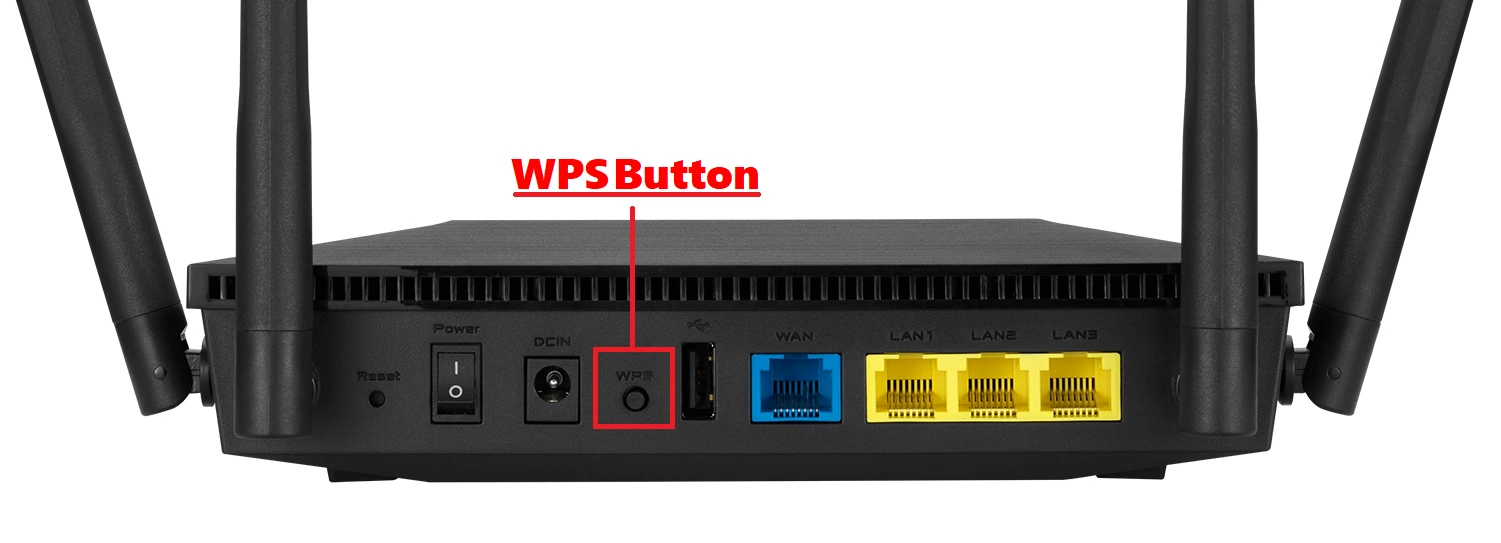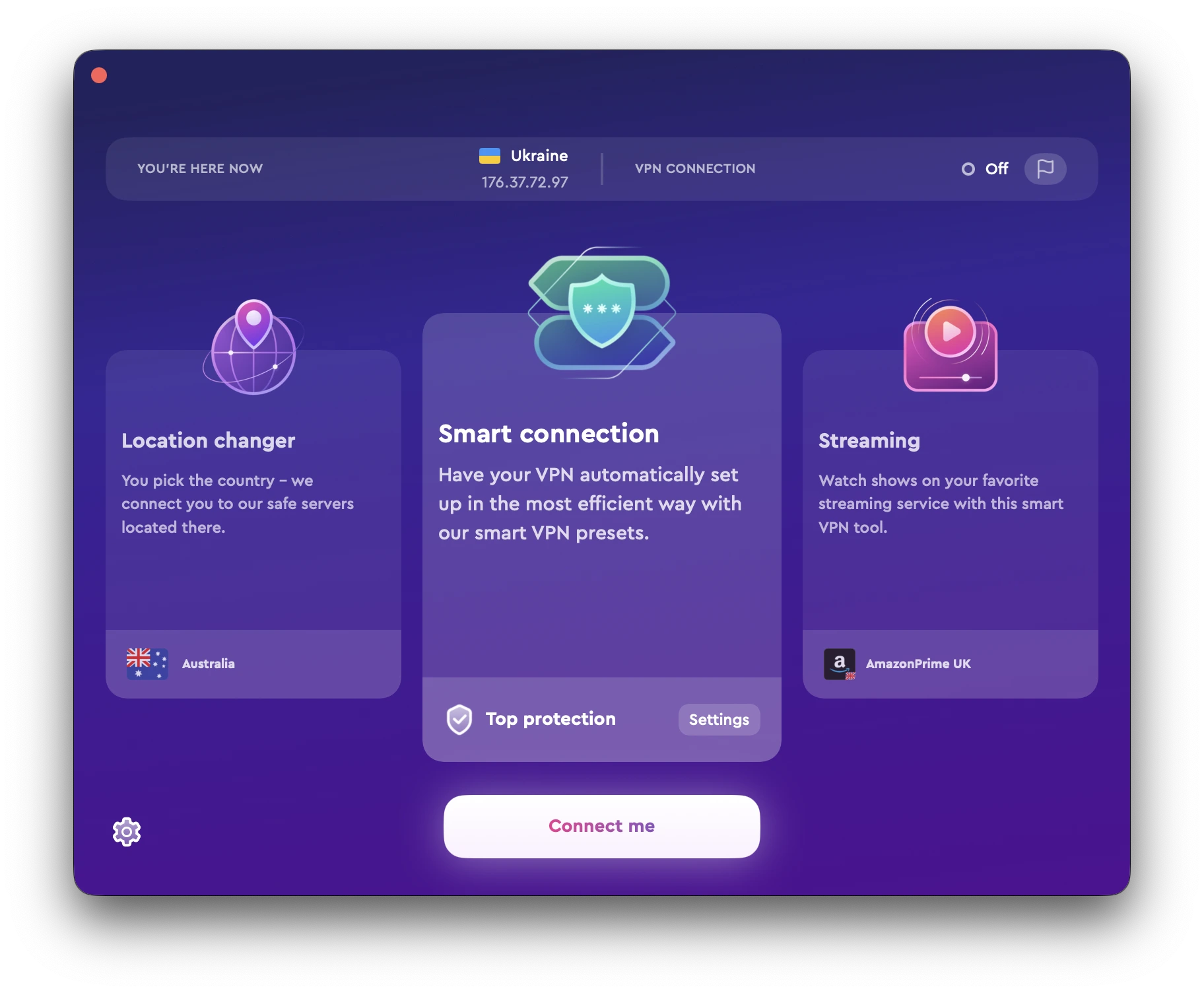In today’s digital era where our lives are so intertwined with the internet, ensuring a secure WiFi connection is just as crucial as locking your front door. Hackers are constantly advancing their techniques to infiltrate digital spaces, steal sensitive data, and disrupt lives.
In this quick guide, we will cover everything you need to know about securing your WiFi from hackers.
Why is it important to protect a WiFi network?
Before we discuss ways to safeguard your WiFi network, it’s vital to comprehend the risks associated with a vulnerable connection.
If a hacker gains access to your WiFi network, they could potentially do the following:
- Steal sensitive information like bank account details, credit card numbers and login credentials.
- Install malware or viruses on your devices, leading to data loss or system damage.
- Utilize your network for illicit activities, the consequences for which you may be held accountable.
- Invade your privacy by monitoring and intercepting online activities.
And if you’re skeptical about these threats, consider this alarming fact — more than 21 million login credentials of the top 500 companies are currently available for purchase on the dark web. Many of these breaches occurred due to weak security protocols in WiFi networks.
We’re talking about major corporations such as Amazon, Walmart, and Facebook. If even such companies can’t defend themselves against hackers, what hope do we regular folks have? We don’t mean to scare you; we want to make a point. Having your WiFi connection hacked can have serious consequences. It’s crucial to secure your network.
The good news is that there are plenty of things you can do to protect your WiFi and reduce its vulnerability to attacks. In the following section, we will discuss some practical tips on how you can safeguard your WiFi from hackers.
How to protect your WiFi from hackers
To effectively protect WiFi networks, it’s important to understand the techniques that may be used to target them. Read on to learn a few common methods employed by hackers along with strategies with which you can prevent them.
Password protect WiFi networks
One of the most significant vulnerabilities for any WiFi network is a weak password. If your password is easy for someone to guess or is based on your personal information, it’s only a matter of time before a hacker manages to crack it.
So this leads us to the question: how might you create a strong password? Here are a few things to keep in mind:
- Use a combination of uppercase and lowercase letters.
- Include numbers, special characters, and symbols.
- Avoid using personal information such as your name, birthdate, or address.
- Keep it at least 12 characters long.
Setup a firewall
Setting up a firewall is essential for safeguarding your network and devices from unauthorized access and potential threats on the internet. It acts as a protective barrier that only allows trusted connections while keeping malicious intruders at bay.
Most routers come with built-in firewalls that offer basic protection. However, you should also consider installing dedicated firewalls on each of your devices for added security. This extra layer of defense ensures that every device is protected against potential vulnerabilities and cyber attacks, effectively enhancing the overall WiFi security.
Turn off WPS on your router
Another important step to keep yourself protected is disabling WPS (WiFi Protected Setup) on your router. While WPS may seem convenient for quickly connecting new devices, it poses a security risk. Hackers can exploit this feature through brute force attacks by trying multiple combinations of PIN codes until they gain unauthorized access.
To ensure the utmost security, it is advisable to deactivate WPS on your router and opt for the conventional method of connecting new devices using password protection.
Keep your router’s firmware up-to-date
Keeping your router’s firmware up to date is essential, just like with any other technology. Regular updates are released by manufacturers to address bugs and enhance security, strengthening your router’s defenses against potential risks.
Make it a habit to regularly check for firmware updates and promptly install them once they become available.
Enable network encryption
Enabling network encryption is crucial for safeguarding the data transmitted between your devices and the router. It effectively prevents hackers from intercepting and accessing your sensitive information, ensuring its safety.
For maximum protection, it is recommended to set your router’s security protocol to WPA2 since it is currently considered the most secure encryption option available.
Protect WiFi from hackers with a VPN
While the solutions above can help secure your WiFi, they are limited to protecting communication within your network. What if you need to access the internet from a public WiFi or while traveling?
In such situations, using a Virtual Private Network (VPN) is highly recommended. A VPN creates an encrypted tunnel for your online traffic to pass safely through, making it nearly impossible for hackers to snoop on your activity.
Additionally, by connecting to a VPN server, you also hide your real IP address and location, making it extremely difficult for hackers to steal your personal information.
How does a VPN protect you on public WiFi?
Once connected to a VPN server, all the data originating from your device is encrypted before it leaves. This encrypted data is then transmitted through the secure VPN tunnel to the server where it is decrypted. From there, it is directed towards its intended destination on the Internet.
The encryption mechanism ensures that even if someone intercepts your data, they won’t be able to decipher it without the decryption key. Furthermore, while connected to a VPN server, all of your internet traffic appears as if it had originated from the location of the VPN server rather than from where you are actually located. 
Adding an extra layer of anonymity protects your network from potential hackers. For example, when using public WiFi and connected to a VPN server in another country, any potential data thief will only see encrypted information from the VPN server. They won’t be able to trace it back to your device or location, ensuring the safety of your online activities.
How to use a VPN and protect your network?
Now that you know about the benefits of a VPN, let’s look at how to use it to protect WiFi from hackers. The good news is that the process is not as difficult as you might think and it’s something that you can easily integrate into your daily routine.
The specific steps may vary depending on the VPN provider you choose, but the underlying concept remains consistent. The VPN encrypts your data, conceals your IP address and geographical location and directs all internet traffic through its secure servers.
To illustrate this process further, we’ll refer to ClearVPN as an example — a user-friendly VPN service that offers comprehensive security and privacy for all of your devices.
- Download and install the ClearVPN app on your device. You can do that directly through the ClearVPN website (Windows and macOS). Alternatively, you can get the mobile app version from the App store or the Google Play store.
- Run the ClearVPN app and sign up for an account. You can also try the app for free (with limitations) by selecting the “Explore the app” option.
- If you don’t have an account yet, click/tap on the “Log in” option, then select “Sign up”.
- Once you’re logged in to the app, select the “Smart connection” option, and click/tap on the “Connect me” button.

And that’s it! Your connection to a WiFI network is now secured with a VPN, and you can browse the internet safely and securely while protecting your data from potential hackers.
FAQs
Can hackers see your Wi-Fi?
Yes, hackers can potentially see your Wi-Fi network if they are in close proximity and equipped with necessary tools. However, by following recommended security measures like using strong passwords and encryption, you can greatly reduce the risk of being hacked.
Can a hacker disable my Wi-Fi?
If a hacker gains access to the settings of your router, they could potentially disrupt or turn off your WiFi. That’s why it’s crucial to regularly check for firmware updates and modify the default login credentials on your router.
